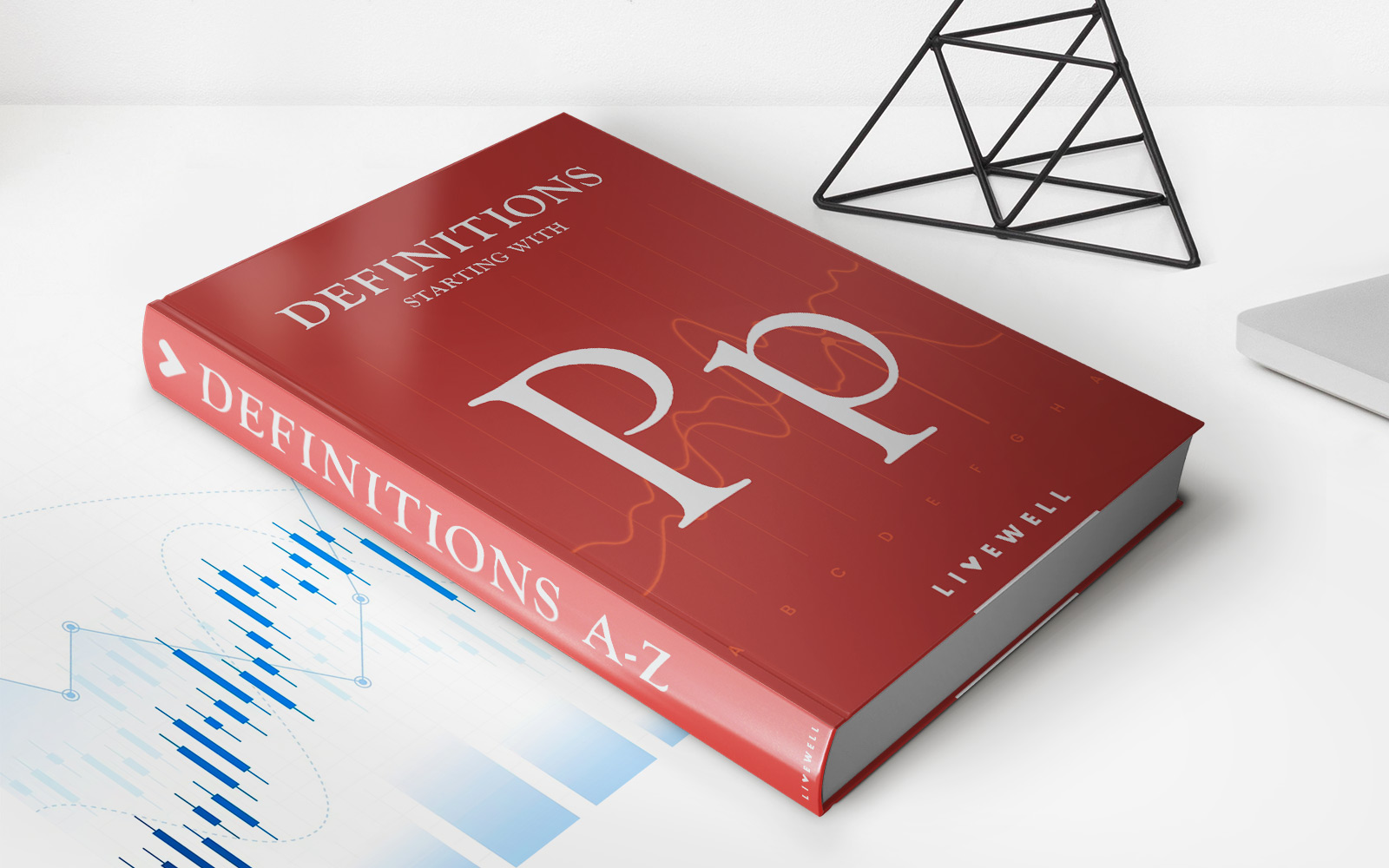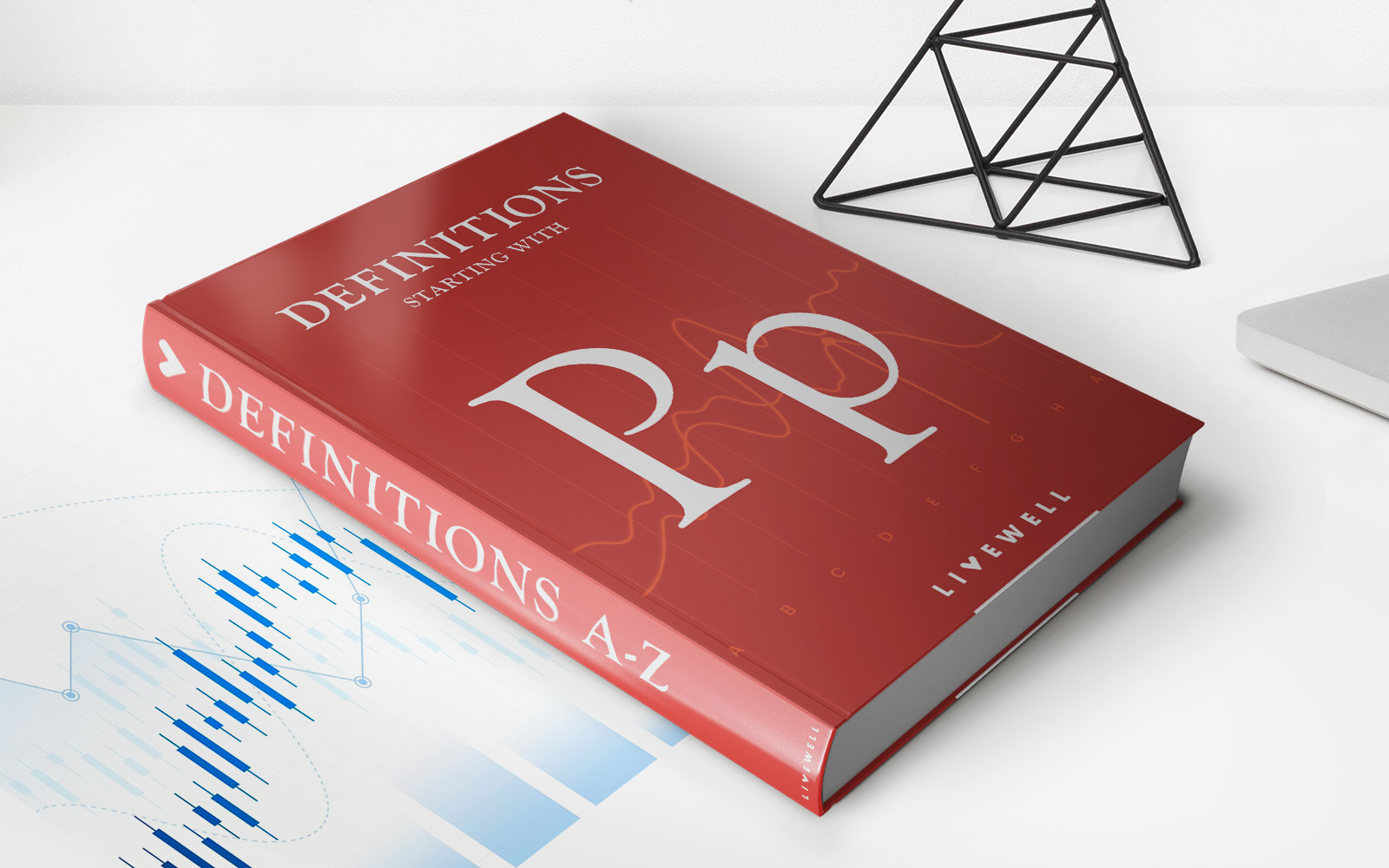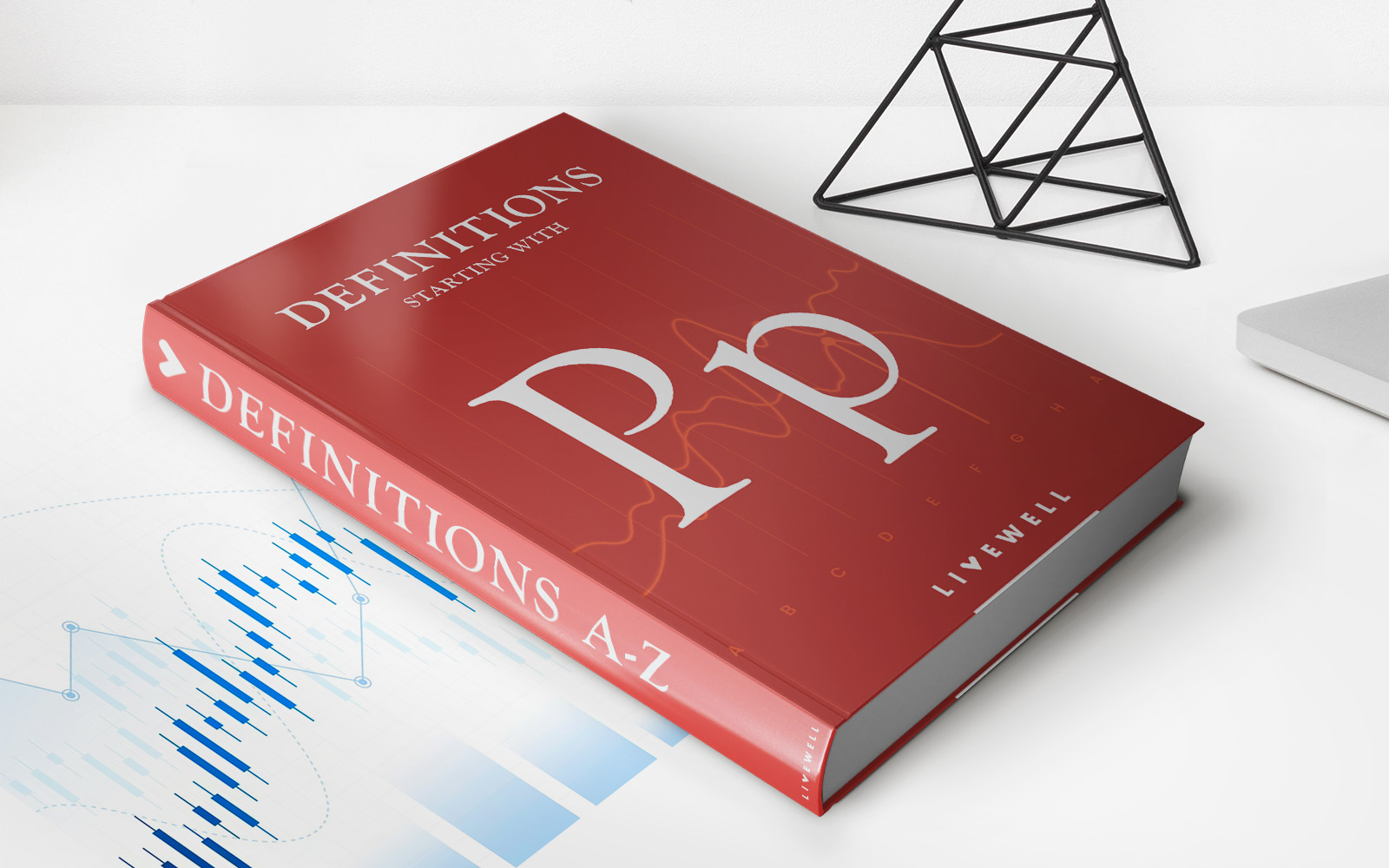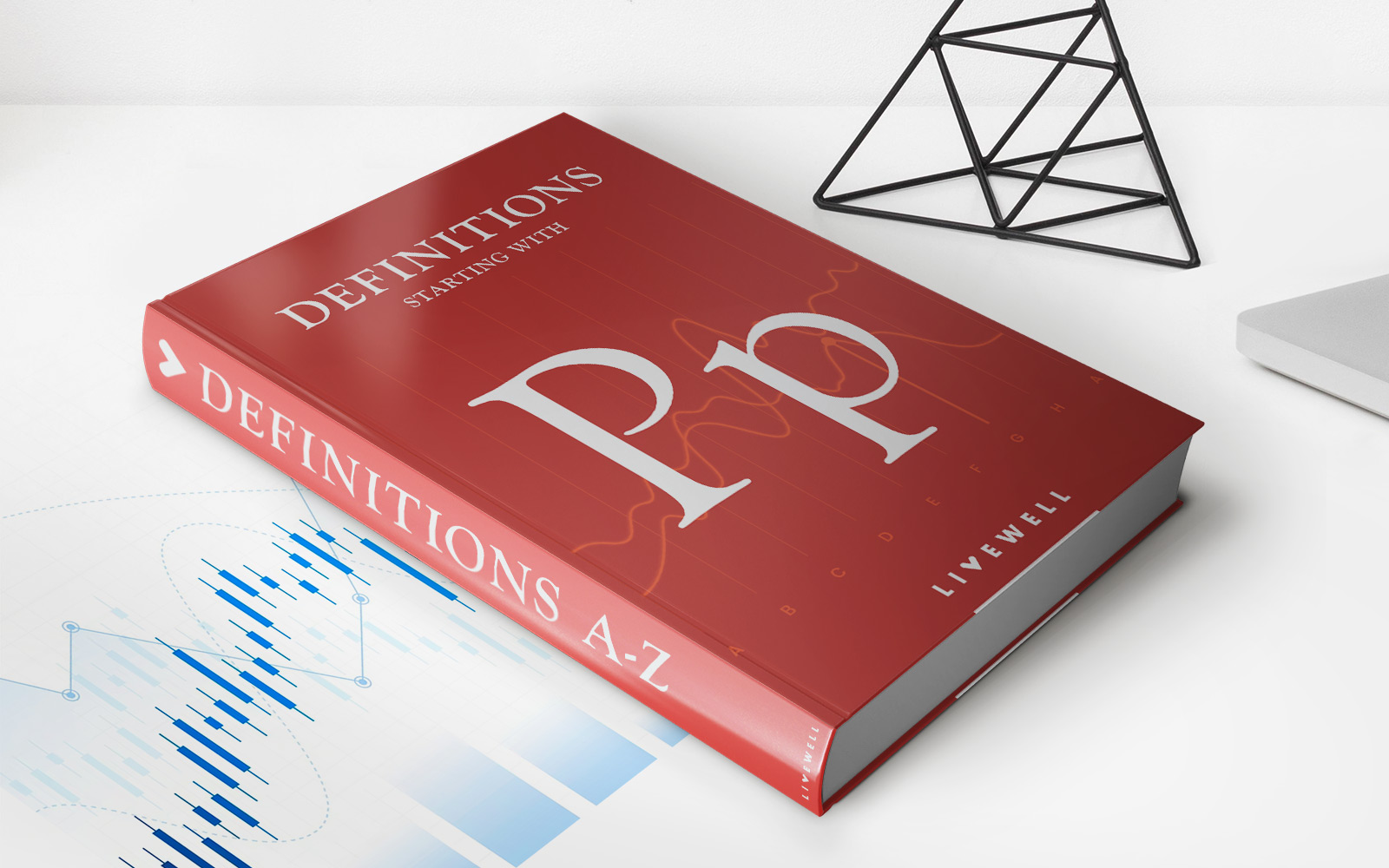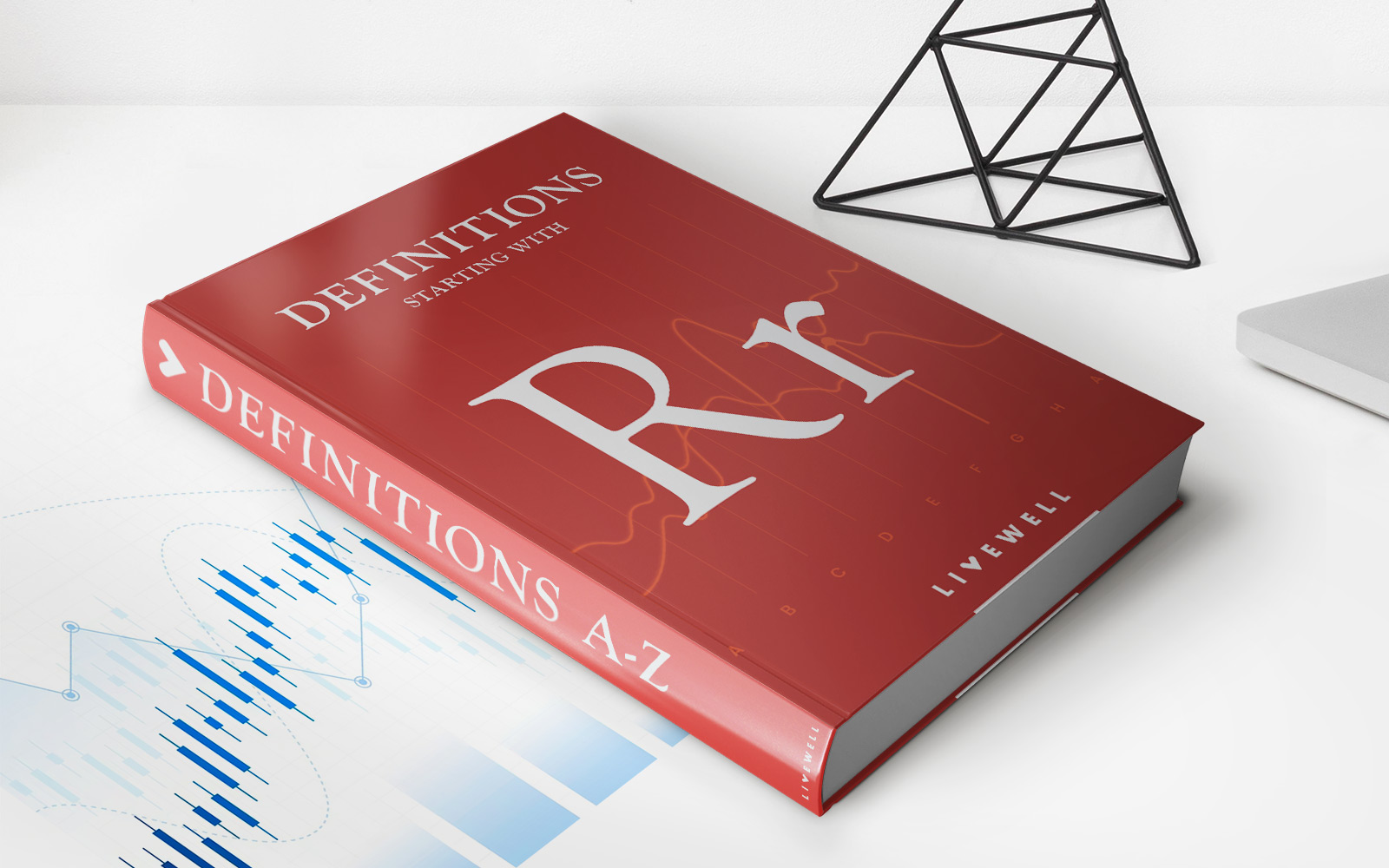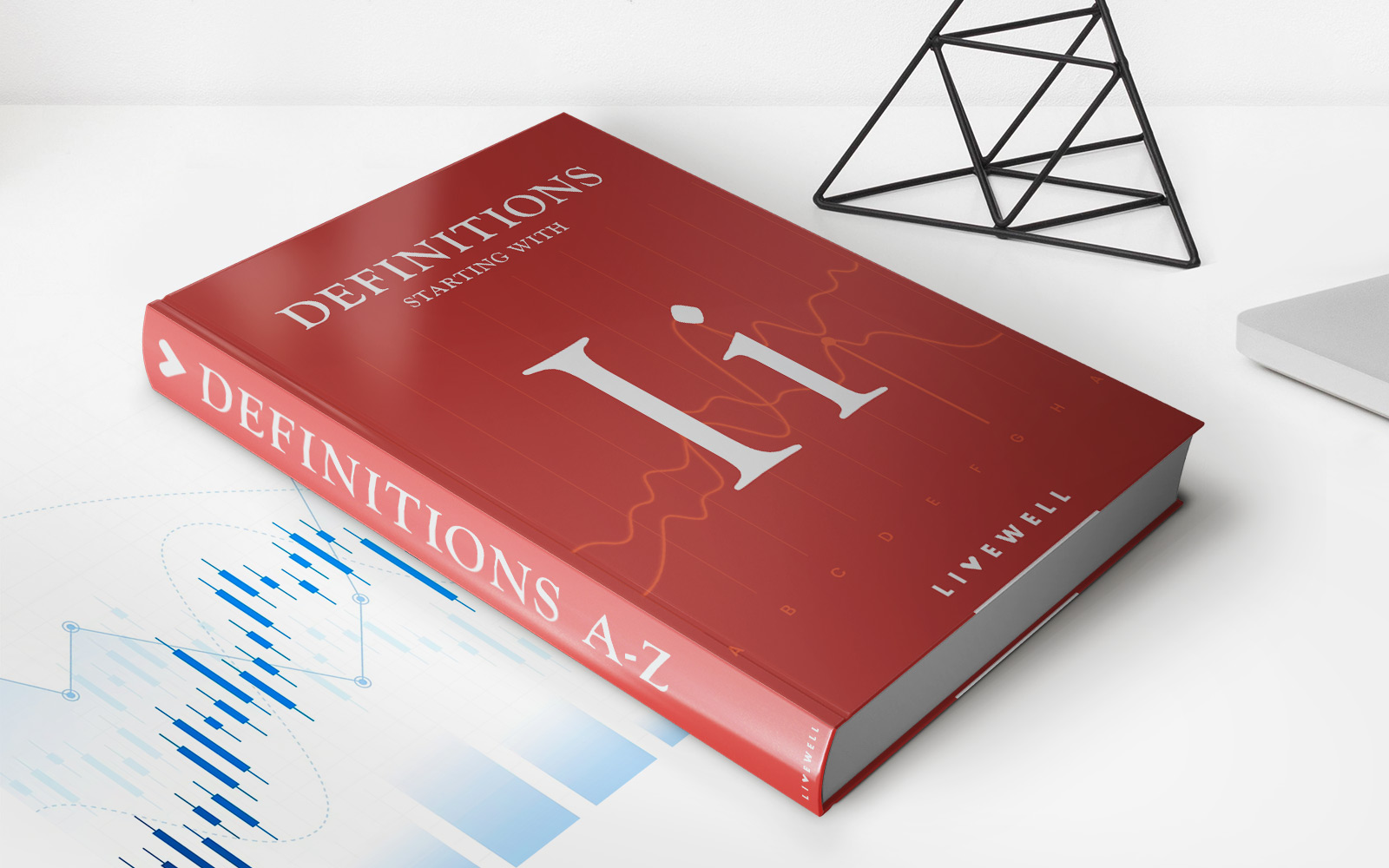

Finance
Investment Product: Definition And Examples
Published: December 13, 2023
Learn about investment products in finance, including their definitions and examples. Enhance your financial knowledge and make informed investment decisions.
(Many of the links in this article redirect to a specific reviewed product. Your purchase of these products through affiliate links helps to generate commission for LiveWell, at no extra cost. Learn more)
Investment Product: Definition and Examples
Welcome to our Finance category, where we dive deep into various aspects of personal finance, investments, and money management. Today, we’ll be focusing on investment products – what they are, and some examples to give you a better understanding of how they work.
Key Takeaways
- Investment products are financial instruments designed to help individuals grow their wealth.
- Examples of investment products include stocks, bonds, mutual funds, exchange-traded funds (ETFs), and real estate investments.
When it comes to managing our finances and building wealth, investing is an essential tool. But what exactly are investment products? Simply put, investment products are financial instruments that individuals can use to grow their wealth over time. These products come in various forms and have different characteristics, making it important to understand how they work and what they can offer.
Here are a few examples of investment products that you can consider when looking to invest your hard-earned money:
1. Stocks
Stocks are ownership shares in a company. When you purchase stocks, you become a part-owner of that company, entitled to a portion of its profits and assets. Investing in stocks allows you to benefit from the company’s growth potential and can be an excellent way to increase your wealth over time. However, stocks also come with risks, as the value can fluctuate depending on market conditions and company performance.
2. Bonds
Bonds are debt instruments issued by corporations, municipalities, or governments. When you invest in bonds, you are essentially lending money to the issuer in exchange for regular interest payments and the return of your principal at maturity. Bonds are often considered a more conservative investment option compared to stocks, as they offer a fixed income stream and lower risk. However, it’s important to note that bond prices can be influenced by interest rates and credit ratings.
3. Mutual Funds
Mutual funds pool money from multiple investors to invest in various assets such as stocks, bonds, or a combination of both. They are managed by professional fund managers who make investment decisions on behalf of the fund’s investors. Investing in mutual funds provides diversification, as your money is spread across different securities. This can help mitigate risks and make the investment more suitable for individuals who prefer a hands-off approach to investing.
4. Exchange-Traded Funds (ETFs)
Similar to mutual funds, exchange-traded funds (ETFs) also offer diversification by investing in a basket of securities. However, ETFs are traded on stock exchanges like individual stocks, making them more liquid and potentially more cost-effective. Additionally, some ETFs are designed to track specific indexes, sectors, or commodities, giving investors the opportunity to gain exposure to specific segments of the market.
5. Real Estate Investments
Real estate investments encompass various forms, including residential properties, commercial properties, and Real Estate Investment Trusts (REITs). Investing in real estate can offer steady cash flow through rental income, potential tax benefits, and the potential for property value appreciation over time. Real estate investing requires careful research and due diligence, as it involves higher upfront costs and ongoing management responsibilities.
These are just a few examples of investment products available to individuals looking to grow their wealth. It’s essential to thoroughly research and understand each investment product before making any decisions. Remember, investing involves risks, and it’s always wise to seek professional advice or consult a financial advisor who can guide you based on your specific financial goals, risk tolerance, and time horizon.
As you embark on your investment journey, keep in mind that a well-diversified portfolio, regular monitoring, and periodic review of your investment strategy can help you stay on track and achieve your financial goals.
Stay tuned for more informative articles on personal finance and money management in our Finance category!


